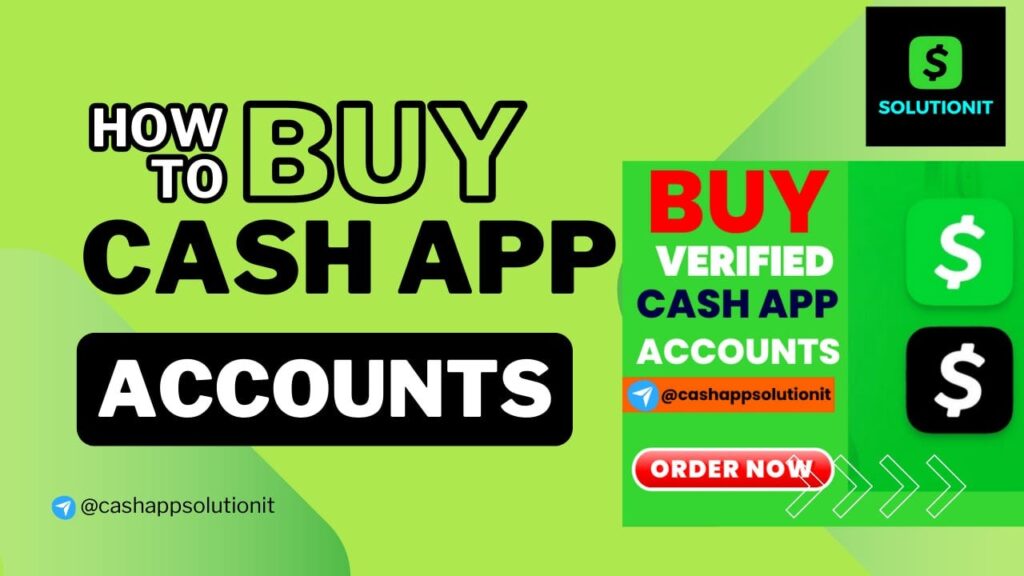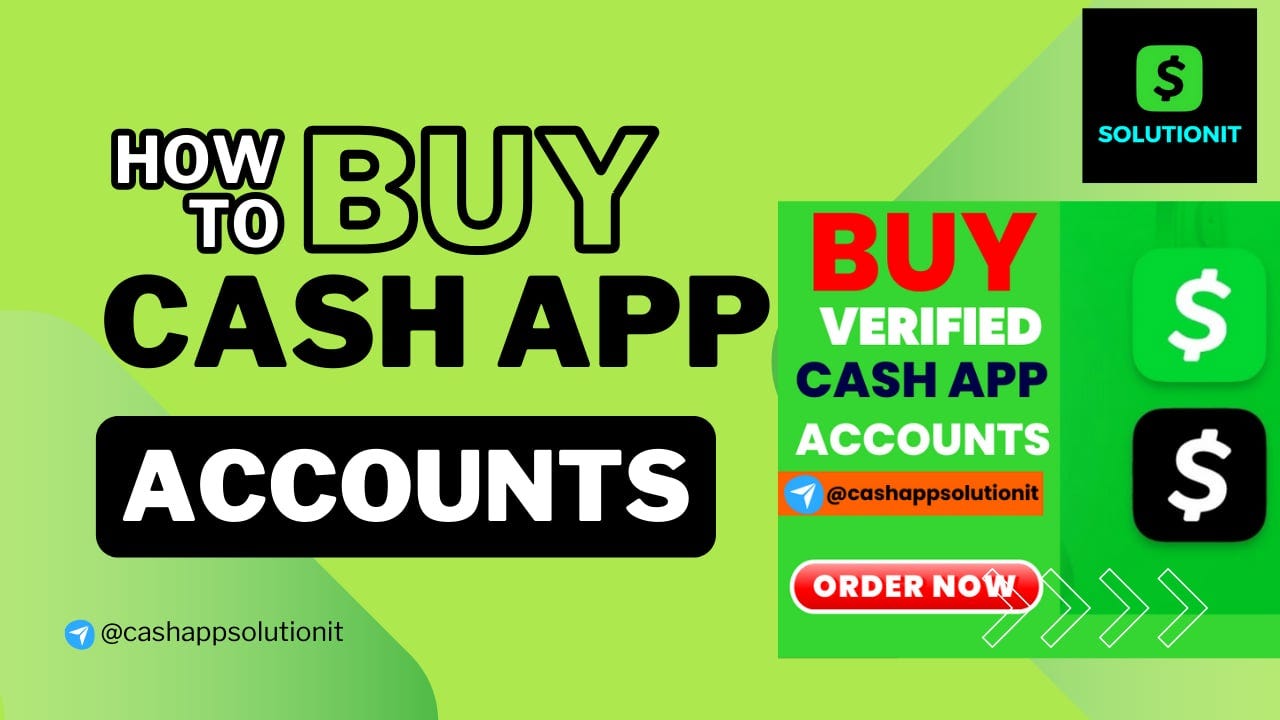
Can You Use a Credit Card for Cash App? Understanding Fees, Limits, and Alternatives
Cash App has become a ubiquitous tool for quick peer-to-peer money transfers, bill payments, and even investing. But a common question arises: Can you use a credit card for Cash App? The short answer is yes, but it’s crucial to understand the associated fees, limits, and potential drawbacks before you swipe that card.
Understanding Credit Card Usage on Cash App
While Cash App primarily functions using linked bank accounts or debit cards, it does allow users to add credit cards as a funding source. This offers convenience, especially when your bank account balance is low, or you want to leverage credit card rewards. However, it’s not a straightforward transaction like using a debit card.
How to Add a Credit Card to Cash App
Adding a credit card to your Cash App account is simple:
- Open the Cash App on your smartphone.
- Tap the profile icon located in the upper-right corner.
- Scroll down and select “Linked Banks.”
- Choose “Link Credit Card.”
- Enter your credit card information as prompted.
Once the card is linked, you can use it to send money to other Cash App users.
Fees Associated with Credit Card Transactions
Here’s where it gets important. Cash App charges a fee for using a credit card to send money. As of the latest update, this fee is typically 3% of the transaction amount. This fee is intended to cover the costs incurred by Cash App for processing credit card payments. For example, if you send $100 using your credit card, you’ll be charged $103.
Is it Worth it? Weighing the Costs and Benefits
Whether using a credit card for Cash App is worthwhile depends on your individual circumstances. If you urgently need to send money and don’t have sufficient funds in your bank account, the 3% fee might be acceptable. However, for routine transactions, it’s generally more cost-effective to use a linked debit card or your Cash App balance. Consider also the potential for earning credit card rewards. If your card offers a generous rewards program (e.g., cash back or travel points), the value of those rewards might offset the 3% fee, especially for larger transactions. However, it’s crucial to check your card’s terms and conditions, as some issuers may not award rewards for transactions categorized as cash advances.
Cash Advance Considerations
This leads to a critical point: some credit card issuers may treat Cash App transactions as cash advances. A cash advance is a loan from your credit card, and it typically comes with high interest rates and fees. If your credit card issuer classifies your Cash App transaction as a cash advance, you could end up paying significantly more than the 3% Cash App fee. To avoid this, contact your credit card issuer to confirm how they categorize Cash App transactions. If they are treated as cash advances, it’s generally best to avoid using your credit card for Cash App.
Avoiding Cash Advance Fees
The best way to avoid cash advance fees is to use a debit card or your Cash App balance instead of a credit card. You can also contact your credit card issuer to inquire about lowering your cash advance limit or blocking cash advances altogether. Keep in mind that blocking cash advances might prevent you from using your credit card at ATMs or other cash advance locations.
Limits on Credit Card Usage
Cash App imposes limits on the amount of money you can send and receive, regardless of whether you’re using a credit card, debit card, or your Cash App balance. These limits are designed to prevent fraud and money laundering. Initially, unverified accounts have lower limits. To increase your limits, you’ll need to verify your identity by providing your full name, date of birth, and the last four digits of your Social Security number.
Sending and Receiving Limits
Unverified Cash App accounts typically have a sending limit of $250 within any 7-day period and a receiving limit of $1,000 within any 30-day period. Once your account is verified, these limits increase significantly. Verified users can send up to $7,500 per week and have unlimited receiving limits. It’s important to note that these limits are subject to change, so it’s always a good idea to check the latest information on the Cash App website or app.
Alternatives to Using a Credit Card on Cash App
If you’re concerned about fees or cash advance charges, several alternatives exist for funding your Cash App transactions:
- Debit Card: Using a linked debit card is generally the most cost-effective option, as Cash App doesn’t charge fees for debit card transactions.
- Cash App Balance: You can add funds to your Cash App balance from your linked bank account or debit card and then use that balance to send money. This avoids credit card fees altogether.
- Bank Transfer: Direct bank transfers to your Cash App account are another fee-free option.
Maximizing Your Cash App Experience
By understanding the fees, limits, and alternatives associated with using a credit card on Cash App, you can make informed decisions and optimize your experience. While credit cards offer convenience, they often come with added costs. Weigh the benefits against the drawbacks to determine the best funding method for your needs. Consider using a debit card or your Cash App balance whenever possible to avoid unnecessary fees.
Troubleshooting Credit Card Issues on Cash App
Sometimes, you might encounter issues when trying to use a credit card on Cash App. Common problems include:
- Card Declined: This could be due to insufficient funds, incorrect card information, or your bank blocking the transaction. Double-check your card details and contact your bank if necessary.
- Transaction Failed: This could be caused by a variety of factors, including network issues or Cash App system errors. Try again later or contact Cash App support.
- Card Not Supported: Cash App may not support all types of credit cards. Check the Cash App website for a list of supported card types.
Seeking Help from Cash App Support
If you encounter persistent problems, don’t hesitate to contact Cash App support. You can reach them through the app or on their website. Be prepared to provide details about the issue you’re experiencing, as well as your account information.
The Future of Credit Card Integration with Cash App
As Cash App continues to evolve, it’s likely that its policies regarding credit card usage will also change. Keep an eye on updates from Cash App to stay informed about any new fees, limits, or features. The company is constantly working to improve the user experience and provide more flexible payment options.
Staying Informed About Cash App Updates
The best way to stay informed about Cash App updates is to follow their official social media channels, subscribe to their email newsletter, and regularly check their website or app for announcements. Be wary of unofficial sources of information, as they may not be accurate.
Conclusion: Making Informed Decisions About Credit Cards and Cash App
So, can you use credit card for Cash App? Yes, but proceed with caution. Using a credit card on Cash App can be a convenient option in certain situations, but it’s essential to be aware of the fees and potential cash advance charges. By understanding the costs and benefits, you can make informed decisions and choose the funding method that best suits your needs. Always prioritize cost-effective alternatives like debit cards or your Cash App balance whenever possible. Remember to check your credit card statements regularly to ensure that you’re not being charged unexpected fees. By staying informed and being proactive, you can maximize the benefits of Cash App while minimizing the risks. The ability to use a credit card for Cash App is a feature, but responsible usage is key. It’s crucial to consider the 3% fee, the possibility of cash advances, and your credit card’s rewards program before deciding to use a credit card for Cash App. Understanding these factors will help you determine if using a credit card for Cash App is the right choice for your financial situation. Many users find that using a debit card or transferring funds directly to their Cash App balance is a more economical way to send money. However, if you need to use a credit card for Cash App, make sure you are fully aware of all the associated costs. Ultimately, the decision to use a credit card for Cash App depends on your individual needs and financial habits. Just remember to weigh the pros and cons carefully before making a transaction. Consider that while it’s possible to use a credit card for Cash App, it’s often not the most financially savvy option. Be sure to evaluate all available alternatives before deciding to use a credit card for Cash App. This will help you avoid unnecessary fees and make the most of your Cash App experience. Make sure to check if you can use a credit card for Cash App in your specific region, as availability may vary. If you choose to use a credit card for Cash App, monitor your transactions closely to avoid unexpected charges. Consider if the benefits of using a credit card for Cash App outweigh the potential costs in your specific situation. Always remember to be responsible when you use a credit card for Cash App, and stay informed about any changes to Cash App’s policies.
[See also: Cash App Limits]
[See also: How to Avoid Cash Advance Fees]
[See also: Best Alternatives to Cash App]

